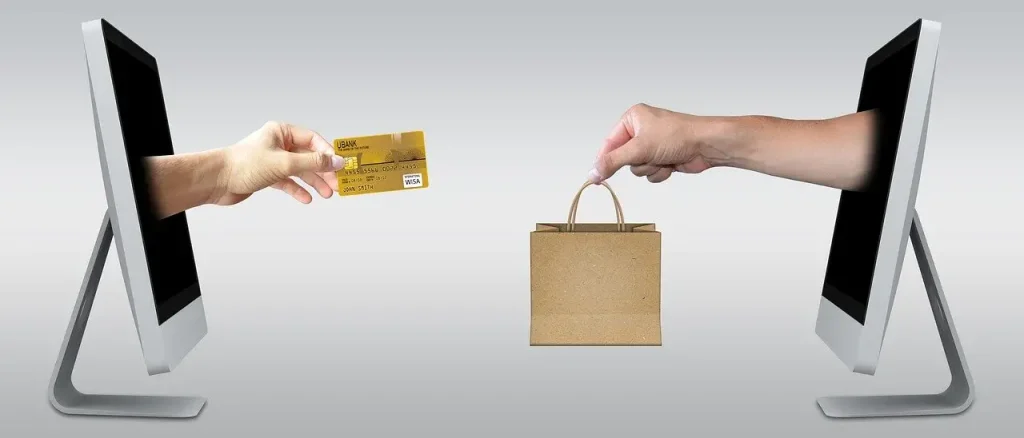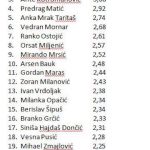She said in a press release that many Croatian citizens had complained to her that they did not feel equal in online shopping because “as soon as a website detects that they are from Croatia, they get a different offer, higher prices or are denied access.”
Borzan said such practice was banned in December 2018 and that recently the European Commission published an analysis showing that in 18 months, discrimination had been halved, “although citizens are still reporting gross violations to me.”
She said the relevant directive did not regulate copyrighted content and that although research showed that the number of audiovisual content users had doubled, there were “very big differences between states,” with buyers in Germany, for example, having access to over 43% of films available online in the EU, yet only 1.3% of those in Greece.
The analysis also shows that out of 1,000 e-books, only five are available in Croatia, Borzan said, adding that this must be regulated to benefit both consumers and authors.
The pandemic has significantly increased online shopping in Croatia and in one year the number of buyers has jumped more than 20%, she said, adding that clothing, films, TV shows and restaurant deliveries accounted for most purchases.
“Our people mostly complain to me about the poor application of laws or the impossibility of delivery, which is why I supported the demand that the Commission enable real equality on the Internet,” she said.










